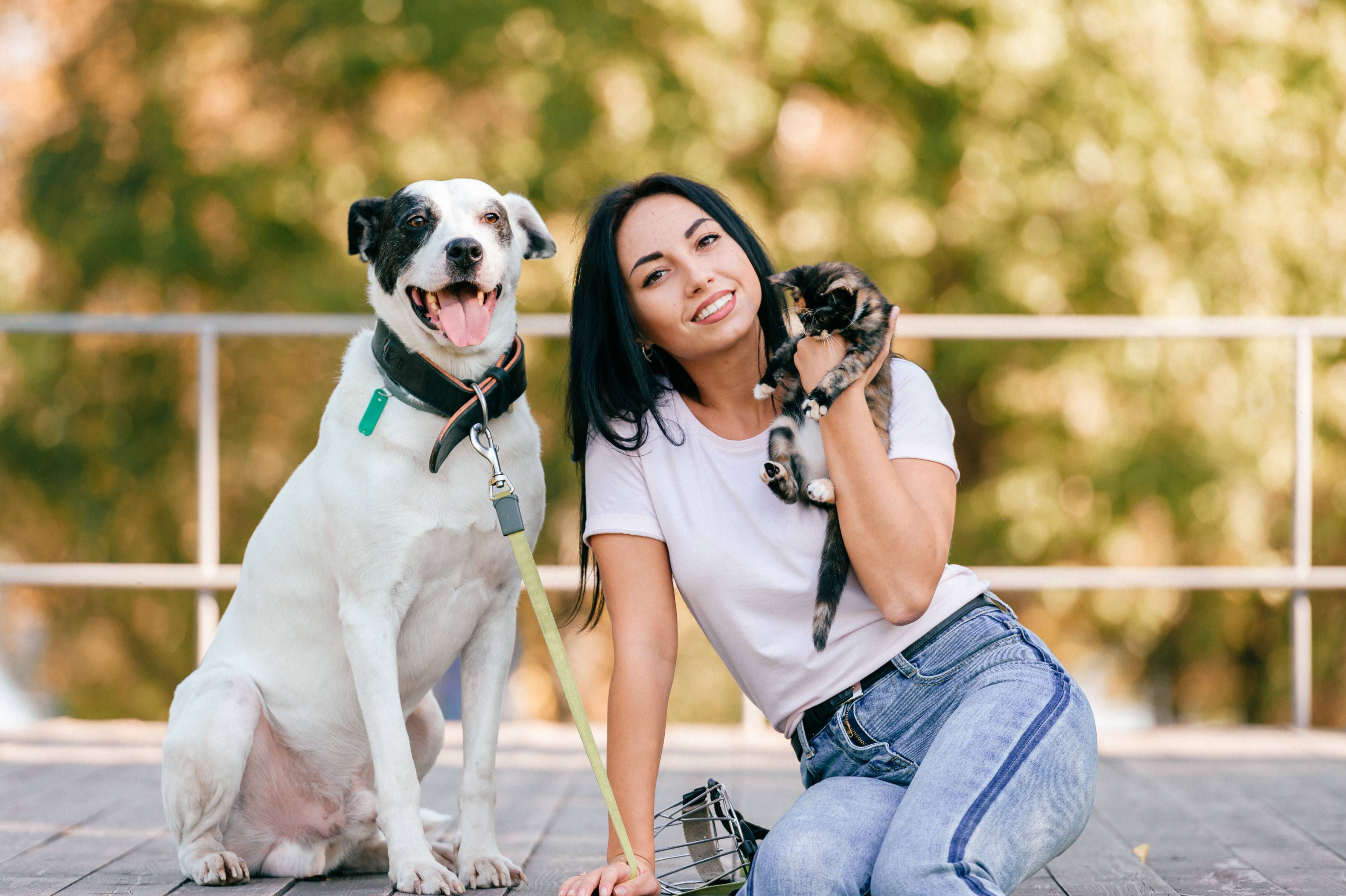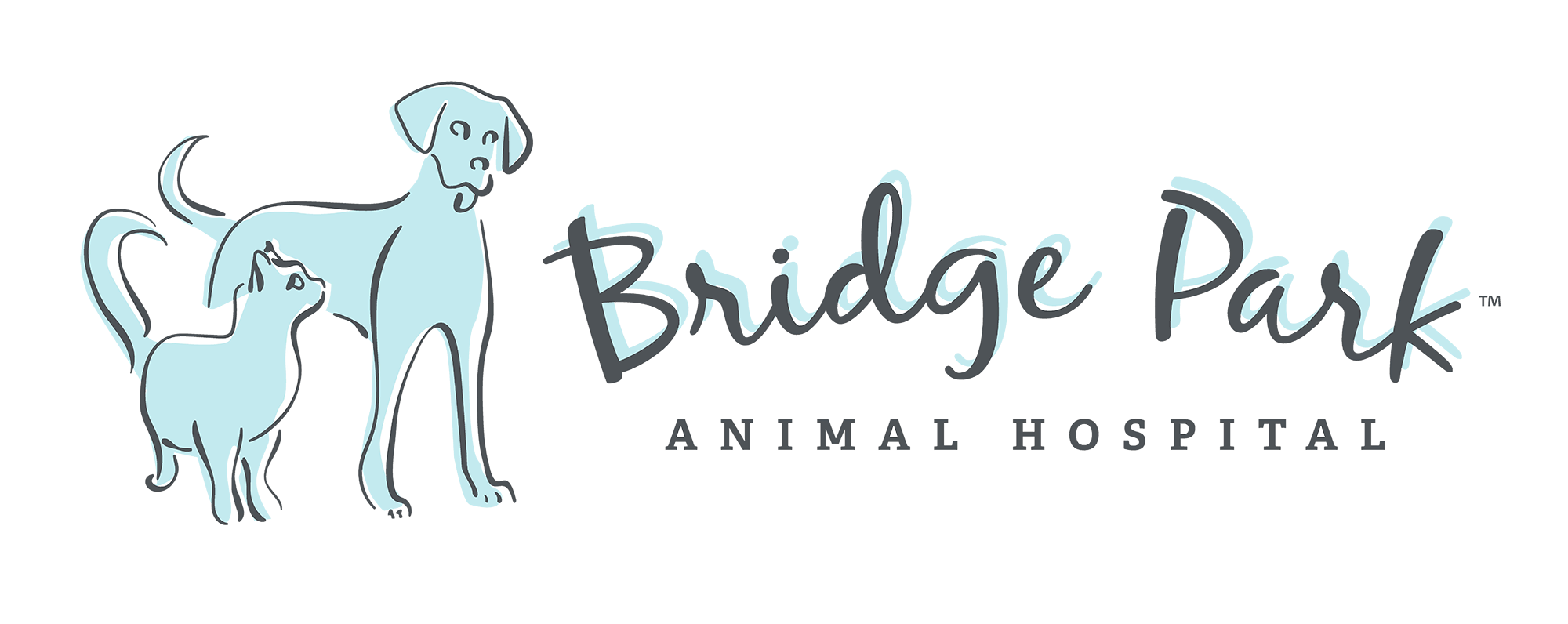Signs and Symptoms of Poisoning in Pets
Table of Contents

Poisoning in pets occurs when your pet consumes, respires, or absorbs toxins through the skin, eyes, or mouth. Because pets lack the technical ability to detect toxins, they suffer from poisoning regularly. A pet poison can be in the form of a vicious bite, poisonous plants, or intake of drugs intended for humans.
Factors Affecting Pet Poisoning
The degree and intensity of damage on the pet depend on the poison and the amount consumed. How much poison the pet consumed and how much of it has already spread through the pet’s body matters. The condition of the pet after poisoning will determine if the pet is going to be okay.
Different species of pets react differently to poison, and this further determines how poison can be removed. Some pets such as horses and rabbits cannot vomit, so removing the poison orally is impossible.
Types of Pet Poisons
- Alcohols: Beverages and foods containing alcohol can cause poisoning to pets. Alcohol poisoning causes vomiting, diarrhea, poor coordination, difficulty breathing, tremors, acidity, and coma.
- Foods: Avocado is a potential pet poison for birds, rabbits, donkeys, horses, and ruminant animals. It causes cardiovascular damage in birds and rabbits, and in some cases, death. In horses and donkeys, avocado causes swelling. Foods with chocolate and caffeine have a toxin called methylxanthines, which causes diarrhea, panting, extreme dehydration, tremors, and seizures. Citrus stems, leaves, fruits, and peels can irritate and affect pets’ central nervous system. If consumed in high amounts, it can cause depression in pets.
- Household Hazards: Chemicals contraband in household items such as insecticides, rodenticides, cleaning products, fertilizers, and detergents can cause pet poisoning. Symptoms of chemical poisoning include vomiting, drooling, diarrhea, poor coordination, and low body temperatures. Human medication can affect your pet’s liver. They can also cause bone-marrow suppression, sedation, intestinal upset, poor coordination, tremors, and seizures.
General Treatment for Pet Poisoning
If you suspect that your pet has been poisoned, take immediate measures, depending on the severity of the damage. Notice the poison and the amount that has been consumed. If your pet has contacted poison through the skin, wash the skin with plenty of soap and water. For poisons consumed orally, you may have to induce vomit to the pet. However, be careful because vomiting can make the situation worse if it contacts the pet’s breathing system.
A pet can inhale petroleum-based poison into the lungs when vomit is induced, resulting in suffocation. Instead, flush out the pet’s stomach to remove toxins or induce a stomach tube or laxatives for emptying bowels. You can induce activated charcoal orally to absorb the poison in the gastrointestinal tract.
It is vital to seek professional advice first before attending to a poisoned pet. Seek veterinary services even when the symptoms have reduced or stopped to control further damage.
For more information on pet poisoning, visit Bridge Park Animal Hospital at Johns Creek, Georgia, today. We provide the best services you can get, from regular checkups to emergency services. Feel free to call us at (470) 768-8755 to schedule an appointment.
